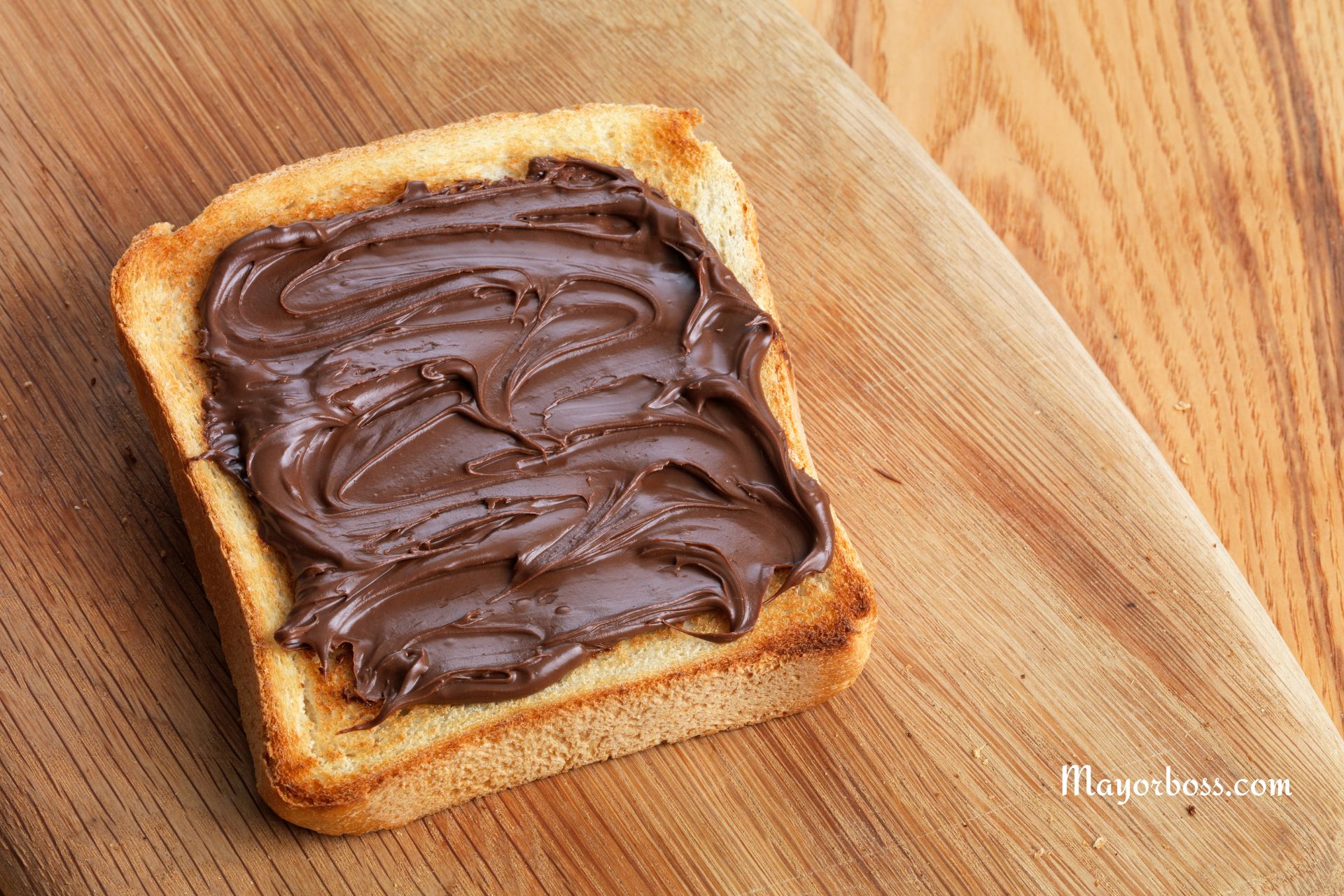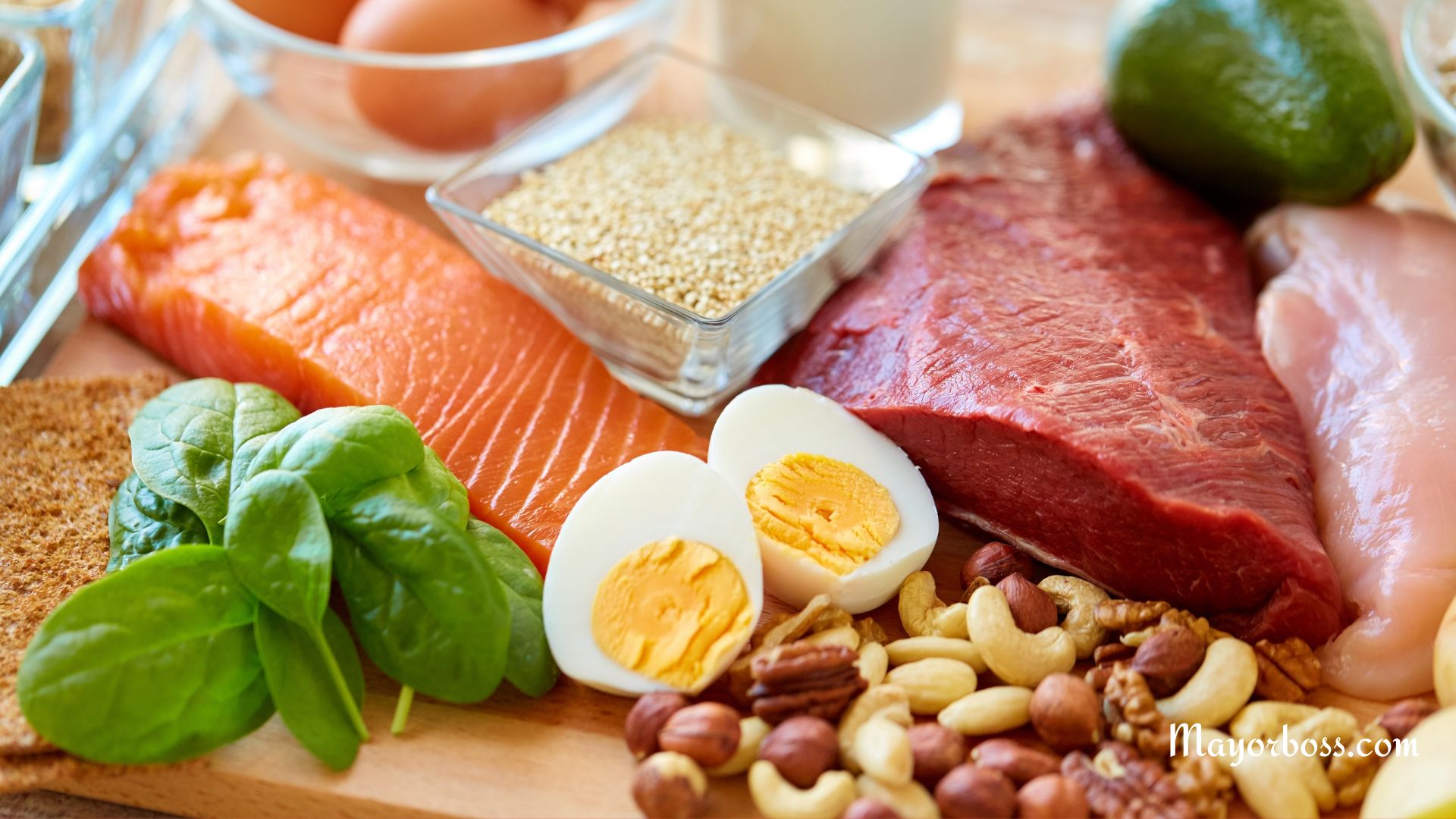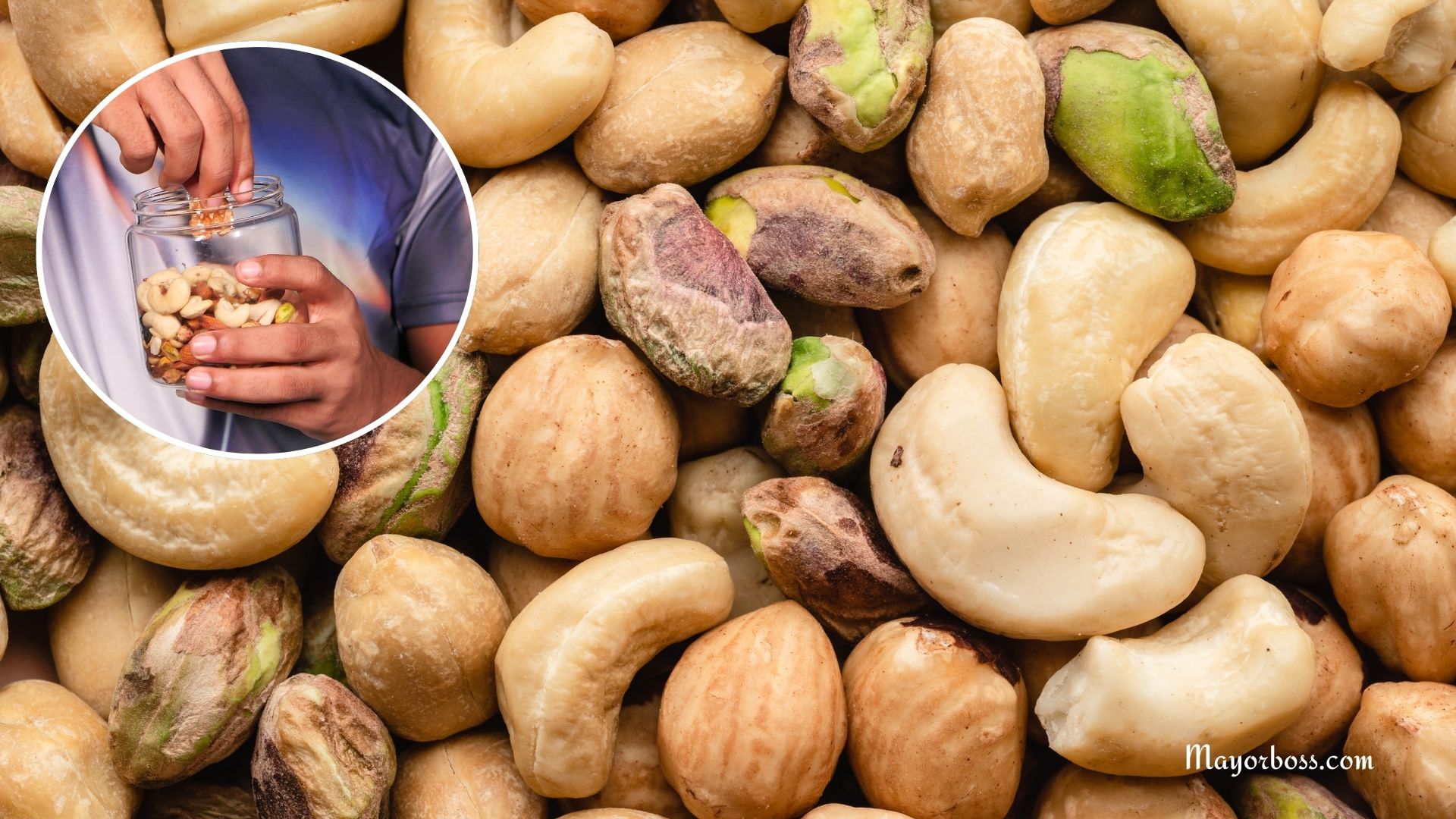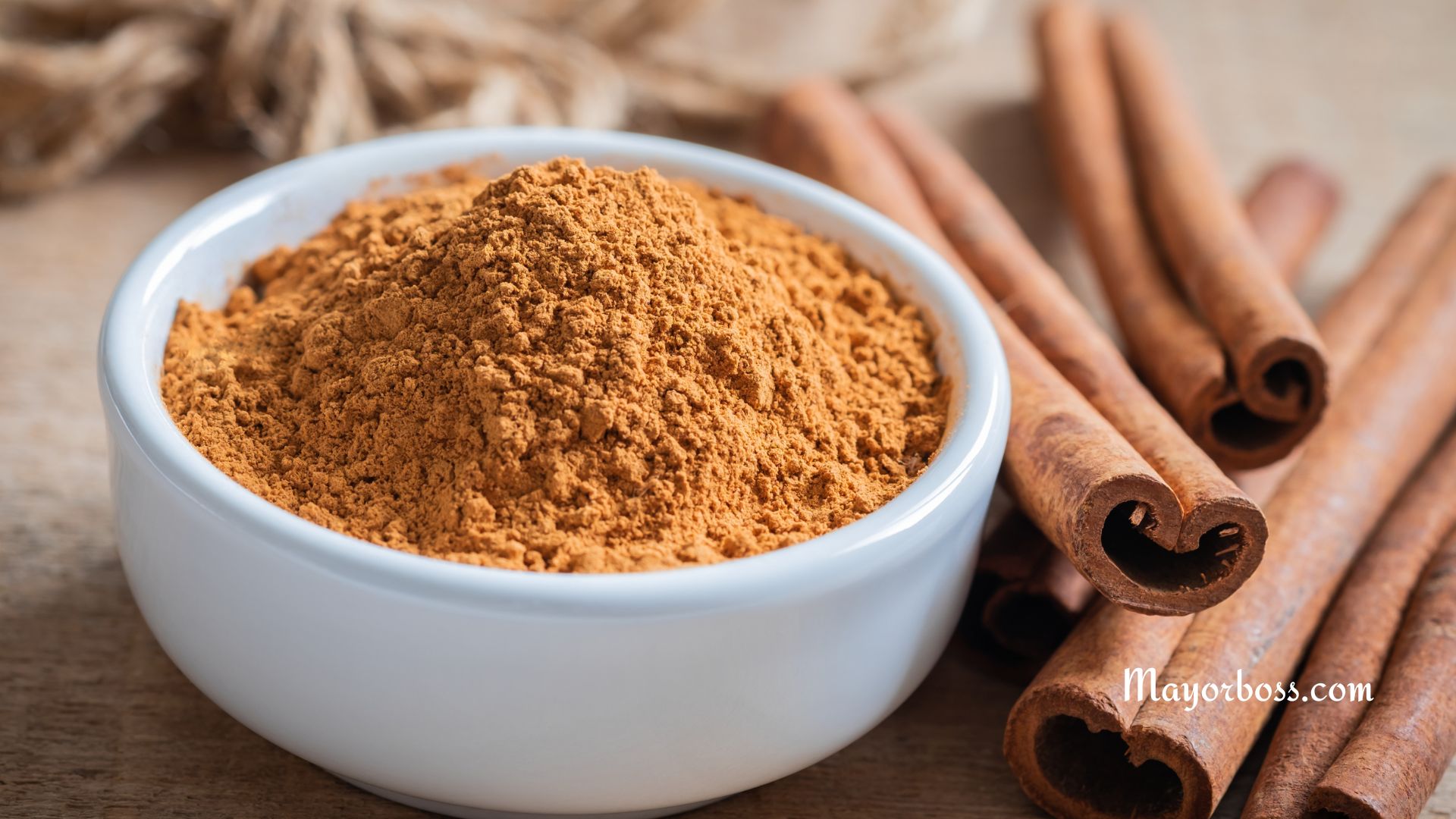Foods and Drinks That Help with Acid Reflux
Acid reflux, or GERD, happens when stomach acid flows back into your esophagus. This can cause discomfort, heartburn, and a sour taste in your mouth. Lots of people deal with this every day, and while medicine can help, changing what you eat and drink can also be helpful. We will look at some foods and drinks that can help with acid reflux.
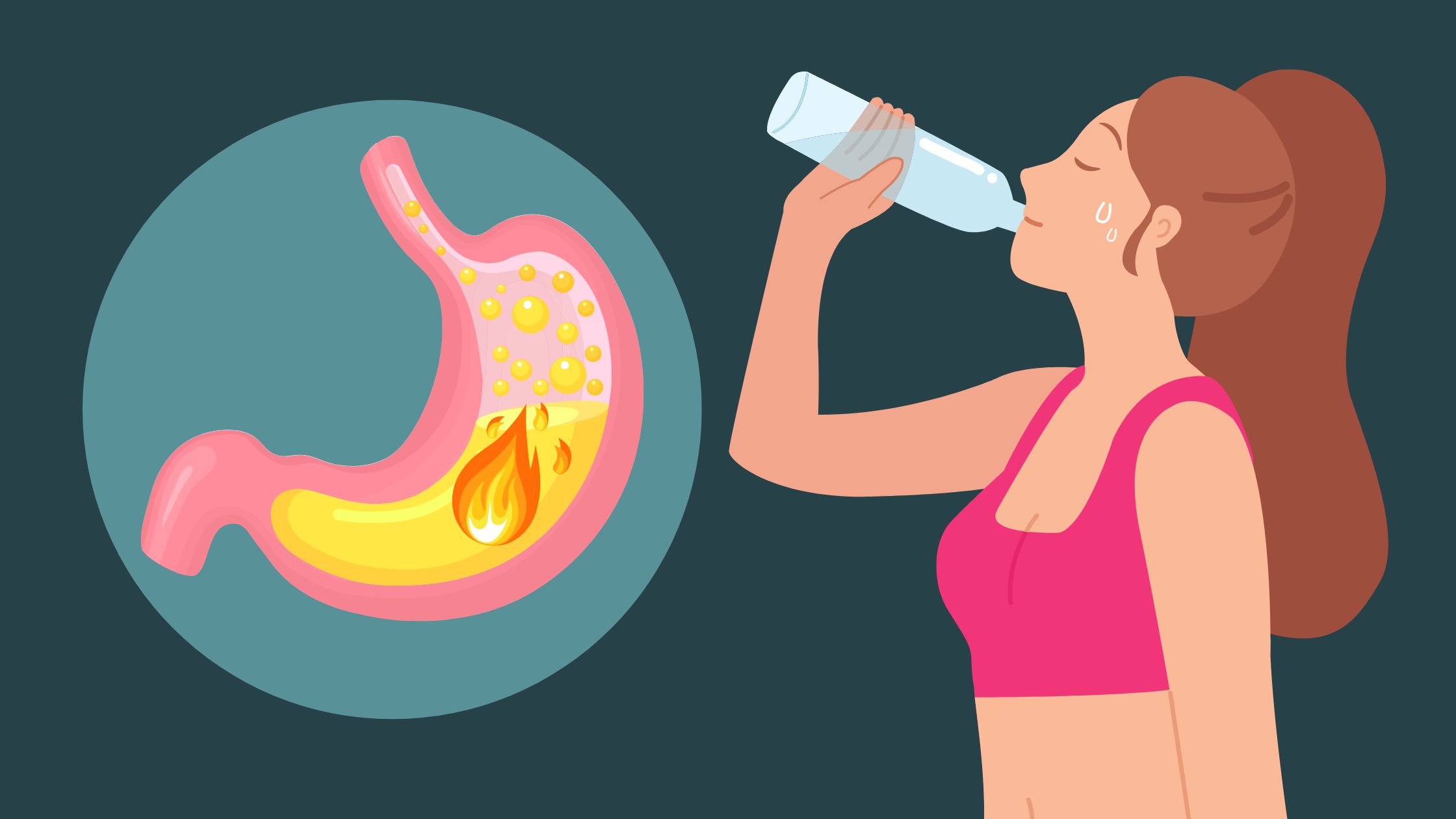
What Foods Can Help Ease Acid Reflux?
Can you make simple changes to your diet to reduce acid reflux? Yes, you can! Here are some foods that may help:
Oatmeal Can Be a Good Breakfast Choice
Starting your day with a bowl of oatmeal is a smart choice if you have acid reflux. Oatmeal has lots of fiber, which helps with digestion. It also absorbs stomach acid, which can reduce symptoms. Plus, it’s filling, so you’re less likely to overeat—something that often makes acid reflux worse.
Bananas Are Easy on the Stomach
Bananas are a great snack because they are low in acid. This makes them perfect for people with acid reflux. Bananas can also help coat the lining of your esophagus, which may protect it from stomach acid by creating a barrier that prevents irritation.
Ginger Helps Reduce Symptoms
Ginger is one of the best natural anti-inflammatory foods out there, and it can help with acid reflux. You can use it in cooking, make it into tea, or add it to a smoothie. Ginger can calm an upset stomach and help reduce irritation.
Melons Have Low Acidity
Melons like honeydew and cantaloupe are low in acid, which makes them helpful for acid reflux. They also have a lot of water, which helps dilute stomach acid and reduces irritation.
Leafy Greens Are Good for Digestion
Vegetables like spinach, kale, and broccoli are great for people with acid reflux. They have lots of vitamins and are low in fat and sugar—two things that can make acid reflux worse.
Whole Grains Help Keep Digestion Regular
Foods like brown rice, quinoa, and whole-grain bread are high in fiber, which helps your digestive system work better. They also absorb stomach acid, which can help keep it from coming back up into your esophagus.
Drinks That Can Help Reduce Acid Reflux Symptoms
What you drink can also help manage acid reflux. Here are some drinks that may reduce symptoms:
Herbal Teas Can Calm Your Stomach
Herbal teas like chamomile or licorice root tea can be calming for your stomach. These teas don’t have caffeine and can help reduce acid in your stomach. Just stay away from peppermint tea because peppermint can relax the lower esophageal sphincter, which can make reflux worse.
Drinking Water Helps Stay Hydrated
Water is simple but effective. Staying hydrated helps dilute stomach acid, and drinking water throughout the day can help prevent acid reflux. Aim to drink at least 8 glasses of water per day to stay well-hydrated. Drink small sips during meals instead of big gulps, as that can put pressure on your stomach.
Almond Milk Is a Good Dairy Substitute
Dairy products can often cause acid reflux, but almond milk is a great alternative. It is alkaline, which helps balance the acidity in your stomach. Plus, it doesn’t have lactose, which can sometimes trigger reflux.
Aloe Vera Juice Helps with Inflammation
Aloe vera juice has soothing properties and may help reduce inflammation in the esophagus. Drinking a small amount before meals might help manage acid reflux symptoms, but be sure to use a variety meant for internal use.
Foods and Drinks to Avoid
Knowing what to eat is important, but it’s just as important to know what to avoid if you have acid reflux. Here are some foods and drinks to limit or avoid:
Citrus Fruits Can Trigger Symptoms
Oranges, grapefruits, lemons, and limes are high in acid, which can make acid reflux worse. It’s best to limit these fruits if you have reflux.
Spicy Foods Can Make Reflux Worse
Spicy foods, while tasty, can irritate the esophagus and increase acid production. Try to avoid things like chili powder, hot sauce, and cayenne pepper.
Caffeinated Drinks Can Cause Reflux
Coffee, black tea, and sodas with caffeine can make acid reflux worse. Caffeine relaxes the lower esophageal sphincter, making it easier for acid to come back up.
Chocolate Can Be a Problem
Sadly, chocolate can trigger acid reflux. It has caffeine and is high in fat—both of which can make reflux symptoms worse.
Lifestyle Tips to Prevent Acid Reflux
Besides changing your diet, a few lifestyle changes can also help manage acid reflux.
Don’t Eat Large Meals Right Before Bed
Eating big meals or lying down right after eating can make acid reflux more likely. Try to eat your last meal of the day at least 3 hours before bedtime, and avoid lying down right after eating.
Raise the Head of Your Bed
If you often have acid reflux at night, try raising the head of your bed by 6 to 8 inches. This way, gravity can help keep the acid in your stomach.
Wear Loose Clothes
Tight clothing can put pressure on your stomach, which can push acid into your esophagus. Wear loose, comfortable clothes to help prevent reflux.
Quit Smoking
Smoking weakens the muscle that keeps stomach acid down. Quitting smoking can also improve your lung health, reduce your risk of heart disease, and improve overall well-being. Quitting smoking can help reduce acid reflux and improve your overall health.
The Takeaway
Acid reflux can be uncomfortable, but small changes to your diet can be helpful. Foods like oatmeal, bananas, ginger, and leafy greens can help manage symptoms. Drinks like herbal teas, almond milk, and water are good choices to stay hydrated without causing reflux. Everyone is different, so you may need to try a few things to see what works best for you. If your symptoms are severe or don’t get better with dietary changes, it’s always a good idea to talk to your doctor for more help.

